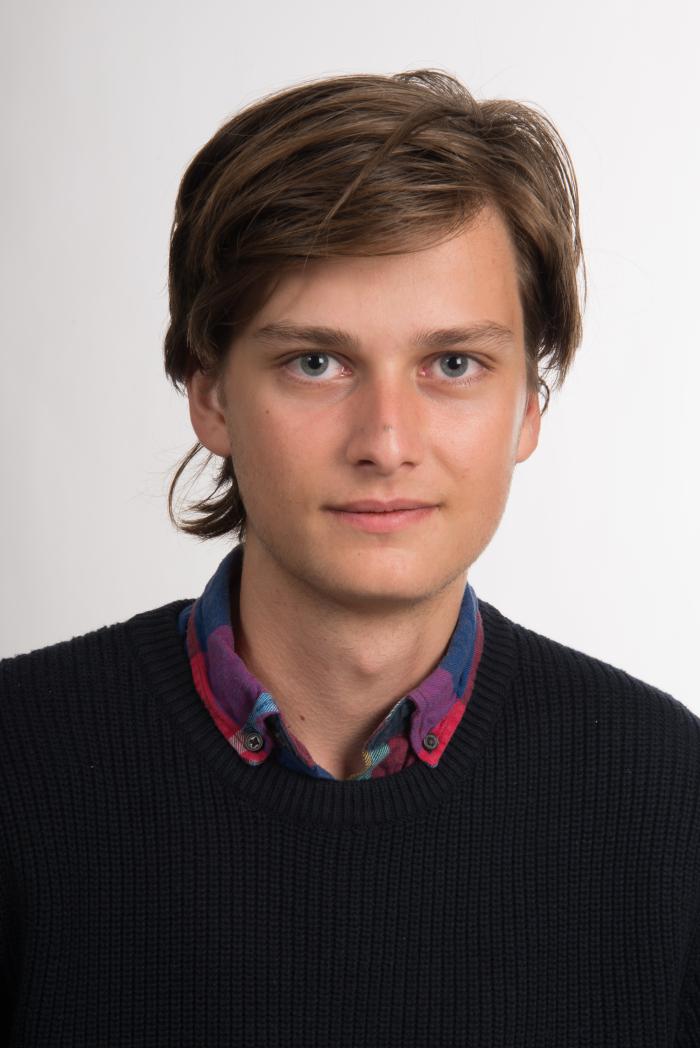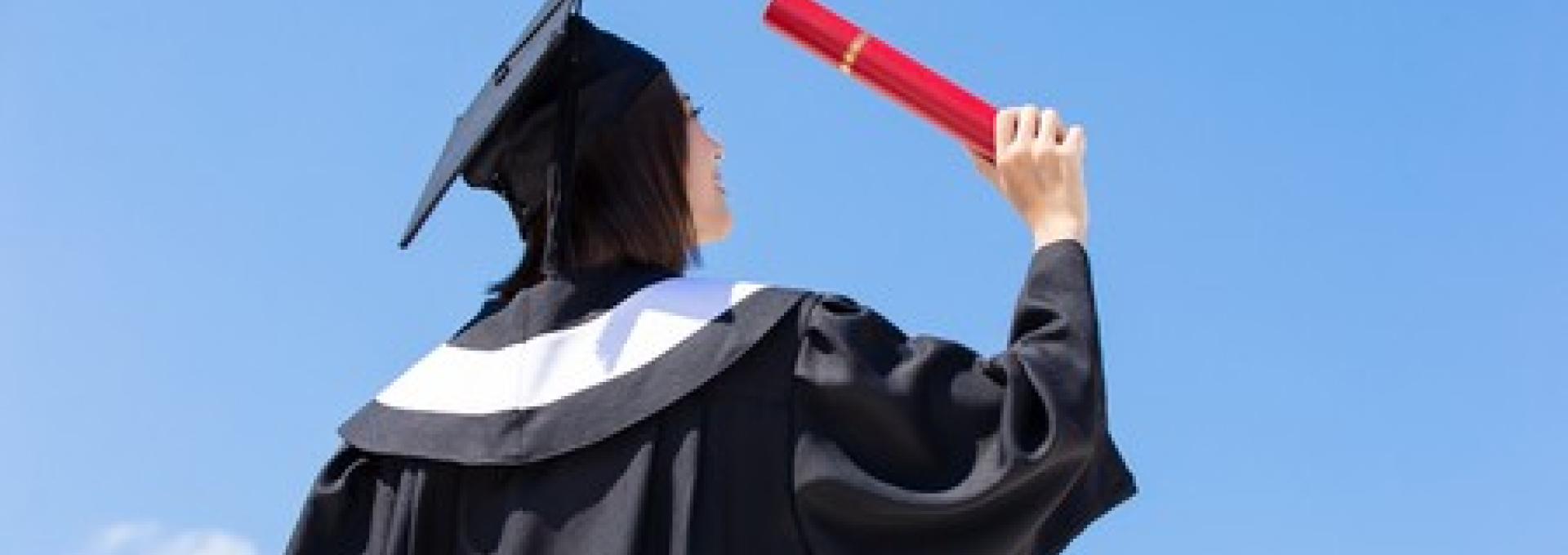What the Bachelor of Science graduates do after the program? Let's find out!

Could you please introduce yourself?
My name is Louis de Benoist, and I am French, although I grew up in the United States. I’m a former student of École Polytechnique’s Bachelor of Science (double major in mathematics and computer science). Currently, I am a Master’s student at the University of Cambridge, studying Machine Learning.
Could you please tell us more about what you’re currently studying?
I am currently pursuing the Master’s in Advanced Computer Science. It is a very open-ended program, from which I decided to follow the machine learning track. This master’s lasts one year and mixes research with in depth classes on a wide range of topics.
What made you choose your current university/program?
It was my Bachelor’s thesis supervisor at École Polytechnique who gave me the idea of applying to this program. Besides the University of Cambridge’s reputation for academic excellence, I chose this program due to its heavy focus on research, as well as the computer science faculty’s renown in the areas that I was interested in.
What skills/knowledge gained during the Bachelor of Science have you been using in your current program?
I gained innumerable skills from École Polytechnique’s Bachelor program that have enabled me to succeed in my current degree at Cambridge. The most important are resilience, perseverance, and an increased capacity for work. The Bachelor of Science was quite intense and sometimes hardly manageable in terms of the sheer volume of work that was expected of students. Having 30 to 35 hours of class per week at l’X makes the less than 15 hours that I now follow at Cambridge seem like a piece of cake! Moreover, the wide range of courses that I followed at l’X have enabled me to develop a global vision of science, which has been very useful thus far.
For instance, some of the research that I am now working on at Cambridge lies at the intersection of mathematics, computer science, physics, and biology -- École Polytechnique’s multidisciplinary approach has equipped me with the necessary tools to quickly assimilate new information and get involved in various topics.
What memories do you have of your time spent at l'X and in the Bachelor program?
One of my favourite experiences at l’X was the trip that was organized to Mont Louis, a fort in the Pyrenees, during the first year. The wide range of activities, as well as the team-building efforts, enabled our cohort to be closer than ever.
What are your ambitions for the future?
The next step for me is attending HEC’s Grande Ecole program to develop the managerial skills that will complement the scientific education that I received at École Polytechnique and Cambridge. I hope to eventually work in product management or start my own company.
Any advice to current Bachelor students when deciding about the pursuit of their studies?
The most important piece of advice that I can offer you is to not wait until the last minute when applying for master’s degrees. If you are in your first year at l’X, I highly encourage you to interact with professors and try to do internships: get involved for the sake of learning and deciphering what your interests are, but also in order to secure letters of recommendation. The most valuable thing about being in École Polytechnique’s Bachelor is not the courses, nor the program itself -- it’s the people you meet and interact with on a daily basis. At École Polytechnique, you are in a privileged environment in which you can interact with world-class faculty and students that consistently yearn for success. I thus advise you to take the time to put the books down, step outside your room, and make the most of it !
